
Post by : Rinkal
Luxembourg has taken a significant step toward recognising the State of Palestine, as Prime Minister Luc Frieden and Foreign Minister Xavier Bettel informed a parliamentary commission on Monday. The move comes at a pivotal moment in European and global diplomacy, amid intensifying calls to end the prolonged war in Gaza and push forward a genuine two-state solution.
According to local reports, the government is expected to finalise its decision during the upcoming UN General Assembly session in New York, scheduled later this month. Luxembourg intends to align its recognition with other European partners, particularly France and Belgium, thereby strengthening the collective European stance on the Middle East conflict.
A turning point in Luxembourg’s diplomacy
Luxembourg, known for its cautious yet principled foreign policy, has debated recognition of Palestine for years. The latest announcement marks a shift from hesitation to action, as public pressure, humanitarian concerns, and the deteriorating situation in Gaza have reshaped Luxembourg’s position.
Foreign Minister Bettel, addressing lawmakers, said that the recognition was not merely symbolic but part of a broader effort to contribute to peace. “The recognition of Palestine is a step toward ensuring that both peoples, Israelis and Palestinians, can live side by side in peace and security,” he noted.
Prime Minister Frieden echoed these sentiments, adding that Luxembourg’s voice, though from a small nation, could add weight to international consensus at a time when the Middle East conflict is drawing unprecedented criticism from European leaders.
Coordination with European partners
Luxembourg’s decision is being closely coordinated with France and Belgium, both of which are considering similar steps. Analysts say the coordination aims to prevent Luxembourg from acting in isolation while also demonstrating a unified European approach.
France, traditionally a major player in Middle East diplomacy, has signaled increasing frustration with Israel’s military campaign in Gaza. Belgium, too, has been vocal about the humanitarian crisis. By joining forces, the three countries hope to push the European Union toward a firmer stance on recognizing Palestinian statehood and pressing Israel to halt its military actions.
The humanitarian cost of war
The timing of Luxembourg’s announcement is inseparable from the human toll of Israel’s war in Gaza, which began after the 7 October 2023 Hamas attack. According to Palestinian health officials, the death toll has exceeded 60,000 people, with countless others injured or displaced. Entire neighborhoods have been destroyed, pushing Gaza into a state of near-total humanitarian collapse.
International condemnation of Israel’s actions has grown steadily. Teresa Ribera, European Commission Executive Vice President, recently described the military campaign as “genocide.” Her comments underscore the widening gap between European public opinion and traditional diplomatic caution.
Within Luxembourg itself, civil society groups and NGOs have urged the government to act decisively. Demonstrations in Luxembourg City in recent months highlighted the urgency of recognition as a moral and political obligation.
EU shifting its tone
The European Union has traditionally walked a fine line on the Israeli-Palestinian conflict, supporting a two-state solution in principle but hesitating to take concrete steps. However, this balance appears to be shifting.
Last week, European Commission President Ursula von der Leyen announced a harder line against Israel, including the suspension of certain financial payments and sanctions against extremist Israeli ministers and violent settler groups. This policy change reflects a growing sense within the EU that Israel’s actions are undermining both regional stability and international law.
Luxembourg’s move to recognise Palestine fits within this broader European recalibration. By acting in tandem with France and Belgium, Luxembourg is helping to signal a new chapter in EU diplomacy, one that could lead to more direct measures in support of Palestinian statehood.
The UN General Assembly context
The upcoming UN General Assembly meeting on 22 September 2025 will provide the backdrop for Luxembourg’s final decision. Just days ago, the Assembly voted to endorse a declaration outlining “tangible, timebound, and irreversible steps” toward achieving a two-state solution.
The declaration reflects growing international impatience with the status quo. Many states, particularly from the Global South, have already recognised Palestine, but European recognition carries additional weight given the region’s diplomatic influence and financial contributions to both Israel and Palestine.
Luxembourg’s recognition, therefore, could serve as a catalyst, encouraging other hesitant EU members to follow suit. Analysts suggest that countries like Spain, Ireland, and Portugal may soon add their voices, creating a domino effect within Europe.
Historical background
Palestinian statehood has been a contentious issue since the Oslo Accords of the 1990s, which envisioned a negotiated two-state solution but stalled due to disagreements, continued settlement expansions, and periodic outbreaks of violence.
While over 130 UN member states have recognised Palestine, most Western European nations have stopped short, preferring to link recognition to progress in peace negotiations. Luxembourg’s decision represents a break from this conditionality, acknowledging that waiting indefinitely for negotiations that rarely advance is no longer viable.
Political implications for Israel
For Israel, Luxembourg’s announcement will likely be viewed as another diplomatic setback at a time when its actions in Gaza are drawing widespread condemnation. Recognition of Palestine by more European nations threatens to increase Israel’s isolation and place additional pressure on Prime Minister Benjamin Netanyahu’s government.
Israeli officials have previously argued that unilateral recognition of Palestine undermines peace efforts. However, critics counter that decades of stalled talks have left Palestinians without hope, and recognition could help rebalance negotiations by granting Palestine greater legitimacy in international forums.
Broader global reactions
The recognition debate also intersects with wider geopolitical dynamics. The United States, traditionally Israel’s staunchest ally, has expressed frustration with the Gaza conflict but has not indicated any intention of recognising Palestine independently. Washington is, however, closely monitoring European moves, as they could influence American domestic debates.
Meanwhile, Arab states have welcomed Luxembourg’s announcement. Officials from the Arab League praised the decision as “a courageous step that reflects moral responsibility and political foresight.” They urged other EU members to follow Luxembourg’s example and push collectively for a just resolution.
Luxembourg’s moral positioning
Luxembourg has often positioned itself as a small but principled voice in international affairs. From climate change advocacy to human rights, the country has punched above its weight diplomatically. Recognition of Palestine fits this tradition, allowing Luxembourg to play a symbolic yet meaningful role in global politics.
Foreign policy analysts say Luxembourg’s step is not only about Palestine but about defending international law and human rights. By acting now, Luxembourg signals that the humanitarian catastrophe in Gaza demands more than statements—it requires concrete political actions.
The final decision, expected later this month, could prove to be one of Luxembourg’s most consequential foreign policy choices in recent decades. If recognition proceeds in coordination with France and Belgium, it may pave the way for a wider European recognition wave that changes the dynamics of the Israeli-Palestinian conflict.
For Palestinians, Luxembourg’s decision offers hope amid immense suffering. For Israelis, it represents a reminder that international patience is waning. And for Europe, it may mark the beginning of a more assertive, values-driven Middle East policy.
As the UN General Assembly approaches, the world will be watching Luxembourg—not for its size, but for the moral weight its recognition could carry in a conflict that has defied resolution for more than seven decades.
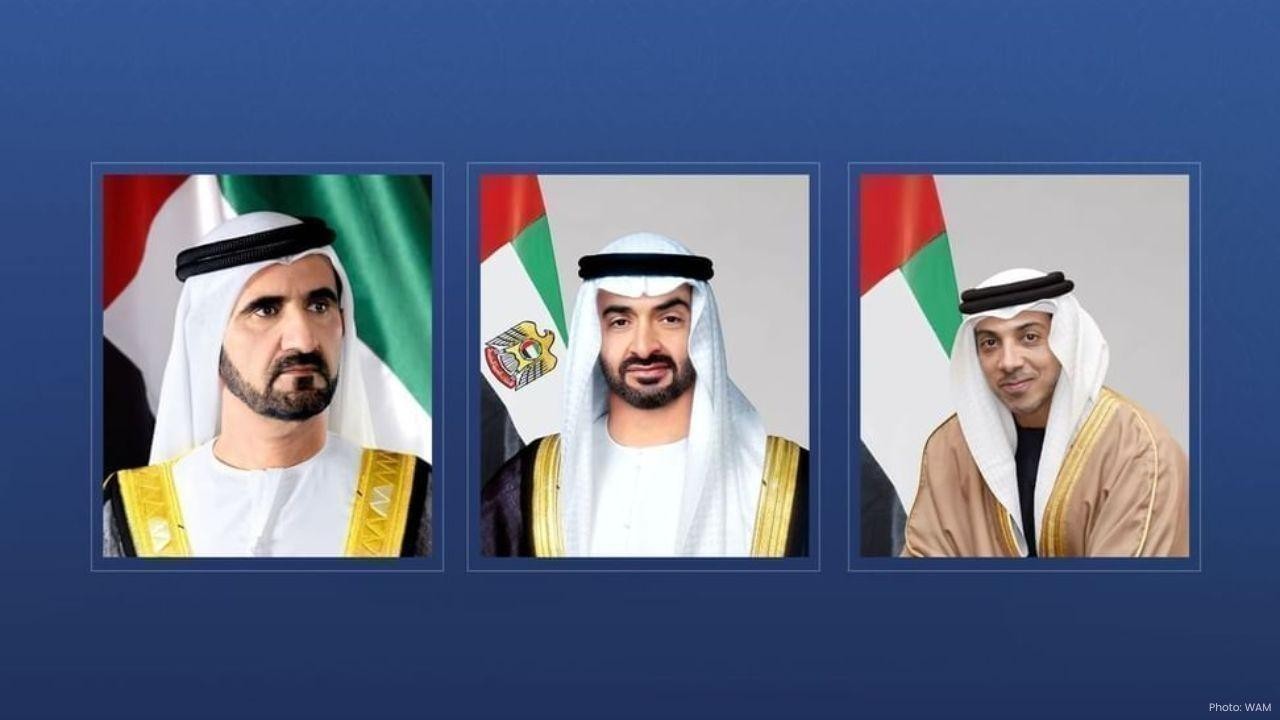
UAE Leaders Congratulate Papua New Guinea on Independence Day
UAE leaders, including President Sheikh Mohamed bin Zayed, send warm Independence Day greetings to P

Buckwheat Husks Turned into Water Purifier for Heavy Metals
Russian scientists turn buckwheat husks into an eco-friendly, affordable water purifier for heavy me

Emirates Opens Advanced Flight Crew Training Centre in Dubai
Emirates launches a new high-tech flight crew training centre in Dubai with simulators for A350s and

Google Gemini AI Nano Banana Saree Where Tradition Meets Modern Innovation
Discover the Google Gemini AI Nano Banana Saree blending India s weaving heritage with modern AI fo
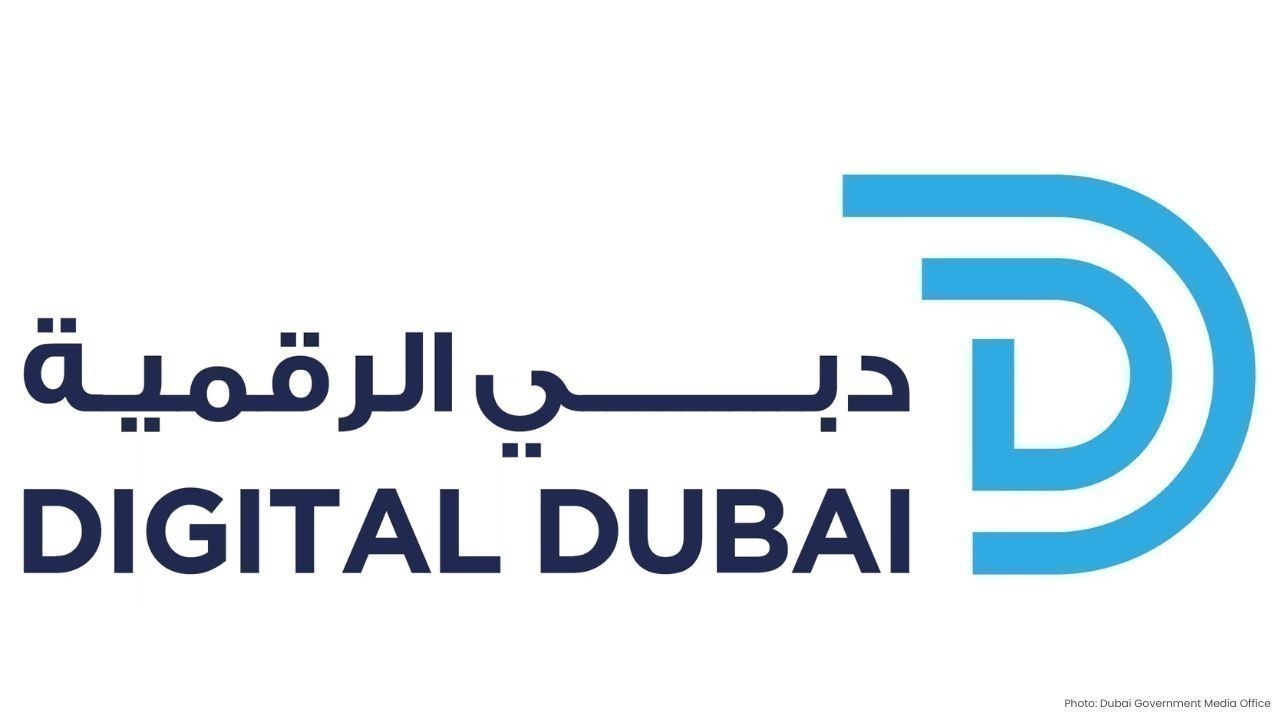
Dubai launches 2025 Economic Survey to track growth
Dubai begins its 2025 Economic Survey to gather fresh data from businesses, measure GDP, and strengt

Chris Williamson Faces Criticism Over Dubai Tour Plans
Chris Williamson faces criticism for adding Dubai to his 2026 tour after calling the city “awful” in

ICC rejects Pakistan protest over Asia Cup handshake row
ICC refuses Pakistan’s demand to remove referee Pycroft after handshake row in India-Pakistan Asia C

The Mind Gut Connection How Your Diet Shapes Your Mood and Mental Health
Discover how your diet affects mental health mood and stress Learn tips to keep your gut and mind
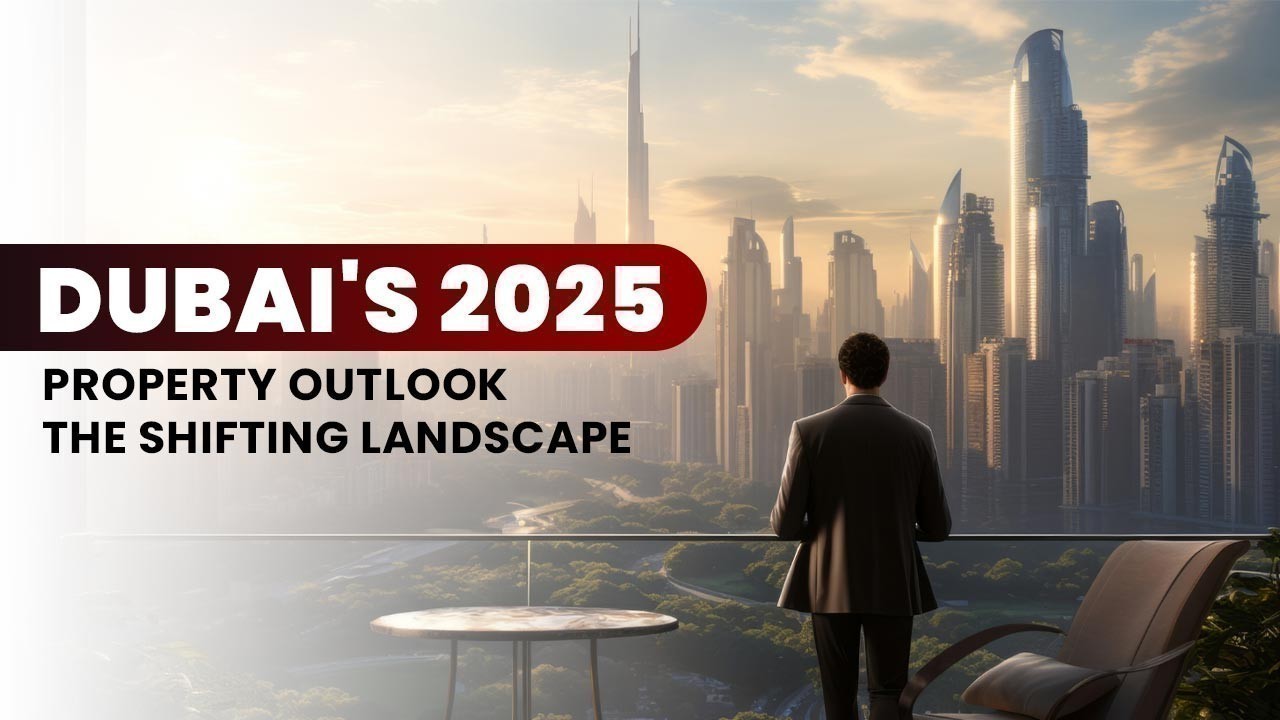
Dubai s 2025 Property Outlook Key Trends Prices and Investment Opportunities
Discover Dubai s 2025 property trends price changes rental yields and investment opportunities in

Like Trees Let Us Live to Give A Lesson in Purposeful Living
Discover life lessons from trees on giving purpose and serving others in every season inspiring a
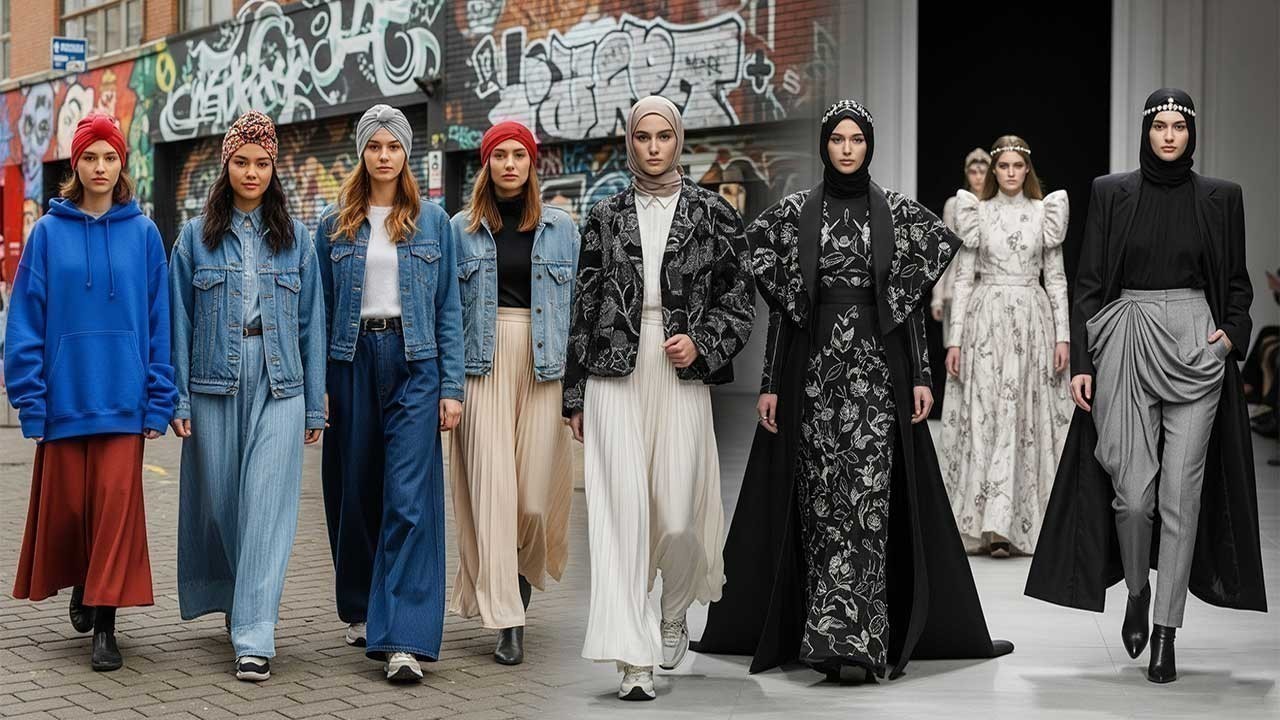
From Street Style to High Fashion How Modest Fashion is Evolving in the UAE
Explore how modest fashion in the UAE evolved from traditional wear to stylish street and high fashi

Spotlight on Emerging Emirati Designers Shaping Dubai s Global Fashion Scene
Discover how emerging Emirati designers blend tradition modernity and sustainability to redefine D

Mastering Power Dressing Your Complete Guide to Dubai s Business Style
Learn how to master power dressing in Dubai s business world with tips on colors fit accessories
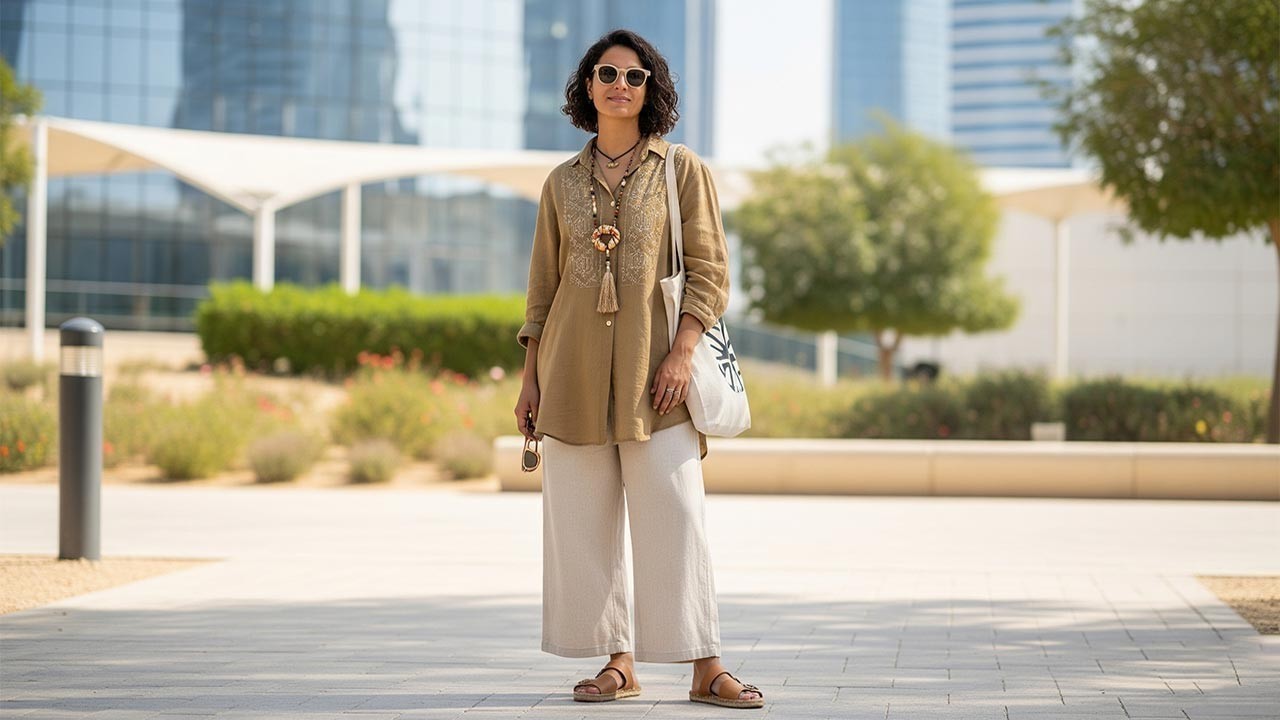
The Rise of Sustainable Fashion in the UAE Eco Friendly Trends Shaping 2025
Explore how sustainable fashion is transforming the UAE with eco friendly trends innovative designs

The Hottest Fashion Trends of 2025 Bold Colors Sustainable Styles & Dubai Street Fashion
Explore 2025 fashion trends in Dubai bold colors sustainable styles oversized outfits vintage lo